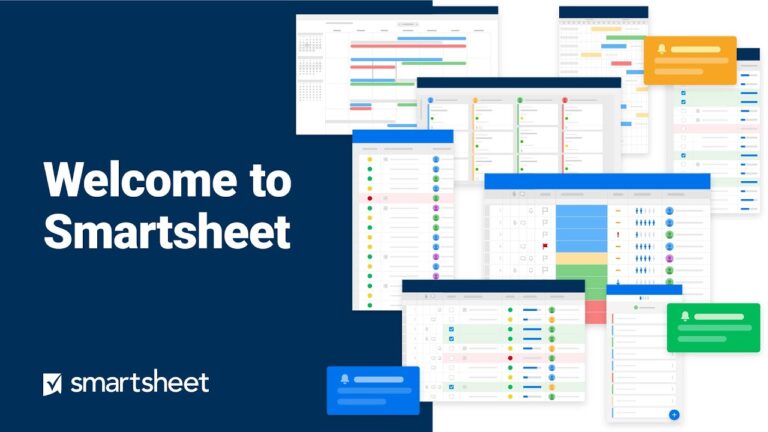How to Ace GDPR Interview Questions?
An essential component of the data-driven world today is the GDPR (General Data Protection Regulation). Competent individuals who have completed GDPR Training Online in GDPR compliance are in great demand as businesses work to secure personal data and follow strict laws.
Are you getting ready for a GDPR interview and unsure how to respond to the GDPR Interview Questions? In this blog, we will guide you through the fundamental information, pointers, and techniques needed to ace your GDPR interview.
Table of Contents
- Understanding GDPR
- The GDPR Training Online Advantage
- Preparing for the Interview
- Know the Basics
- Familiarise with GDPR Principles
- Data Subject Rights
- Data Security and Breach Management
- Consent and Privacy Notices
- Handling Common GDPR Interview Questions
- Final Thoughts
Understanding GDPR
Before exploring GDPR interview questions, let us first get a solid grasp of GDPR. The General Data Protection Regulation (GDPR) is a comprehensive data protection regulation that was implemented in the European Union on May 25, 2018. It has affected enterprises all across the world, changing how they manage personal data.
The GDPR Training Online Advantage
It’s likely that if you’re reading this, you’ve already learned about GDPR and may have even finished your online training. If not, consider signing up for a respectable GDPR training course to provide yourself with the information and abilities you’ll need to ace the interview. Being well-versed in GDPR training will have a big impact on how prepared you are for GDPR interview questions.
Preparing for the Interview
Let’s now discuss how to ace your GDPR interview in more detail. You must carefully prepare to do it. To help you get ready, here is a step-by-step guide:
Know the Basics
Understanding the fundamentals of GDPR is crucial. Recognise the fundamental ideas, rules, and jargon surrounding GDPR. You should understand the responsibilities of data controllers and processors, data processing, data protection, and data subjects.
Familiarise with GDPR Principles
The foundation of GDPR is a set of fundamental ideas that control how personal data is processed. Lawfulness, equity, transparency, purpose restriction, data reduction, precision, storage restriction, integrity and secrecy, and accountability are a few of these. Prepare a response to these concepts to bring up during the interview.
Data Subject Rights
GDPR devotes a large portion of its provisions to data subjects’ rights. These rights include the right to data portability, the right to erasure (often known as the “right to be forgotten”), and the right to access. You should be knowledgeable about these rights.
Data Security and Breach Management
Two essential components of GDPR compliance are data security and breach management. Recognise what has to be done to protect personal information, notify authorities of data breaches, and work with them.
Consent and Privacy Notices
One of the primary concepts of GDPR is consent. Be ready to talk about the proper ways for organisations to acquire and handle permission. You should also be aware of privacy notifications and how they enlighten people about the processing of their data.
Handling Common GDPR Interview Questions
Though they may vary, many GDPR interview questions can be divided into a few standard groups. The following are some common inquiries you may run across, along with advice on how to handle them:
1. “What is GDPR, and why is it important?”
This basic question assesses your comprehension of the importance of GDPR. Give a brief summary of GDPR before discussing its significance for defending people’s right to their personal data.
2. “Explain the roles of data controller and data processor.”
You have to be able to differentiate between these two positions and outline each one’s specific duties. Give instances that support your knowledge.
3. “What are the key principles of GDPR, and how do they impact data processing?”
Mention the guiding principles and explain how they affect the way that businesses handle personal information. Using examples from everyday life can bolster your answers.
4. “How should organisations respond to a data breach under GDPR?”
Talk about what actions an organisation should take in the event of a data breach, highlighting the need for quick notification and collaboration with law enforcement.
5. “What is the ‘right to be forgotten’ under GDPR, and how does it work?”
Describe the idea of the right to erasure and the steps a person may take to ask for their data to be deleted.
Final Thoughts
GDPR interview success requires more than memorising facts and legislation. It requires demonstrating a solid grasp of GDPR’s key concepts and how organisations should comply. Remember that GDPR interview questions allow you to demonstrate your data security expertise. Getting a GDPR compliance job requires preparation, confidence in interviews, and training.
To conclude, GDPR interview success begins with online training. Bring the necessary knowledge and skills to the interview and exude confidence. Wishing you luck in becoming a GDPR expert!






